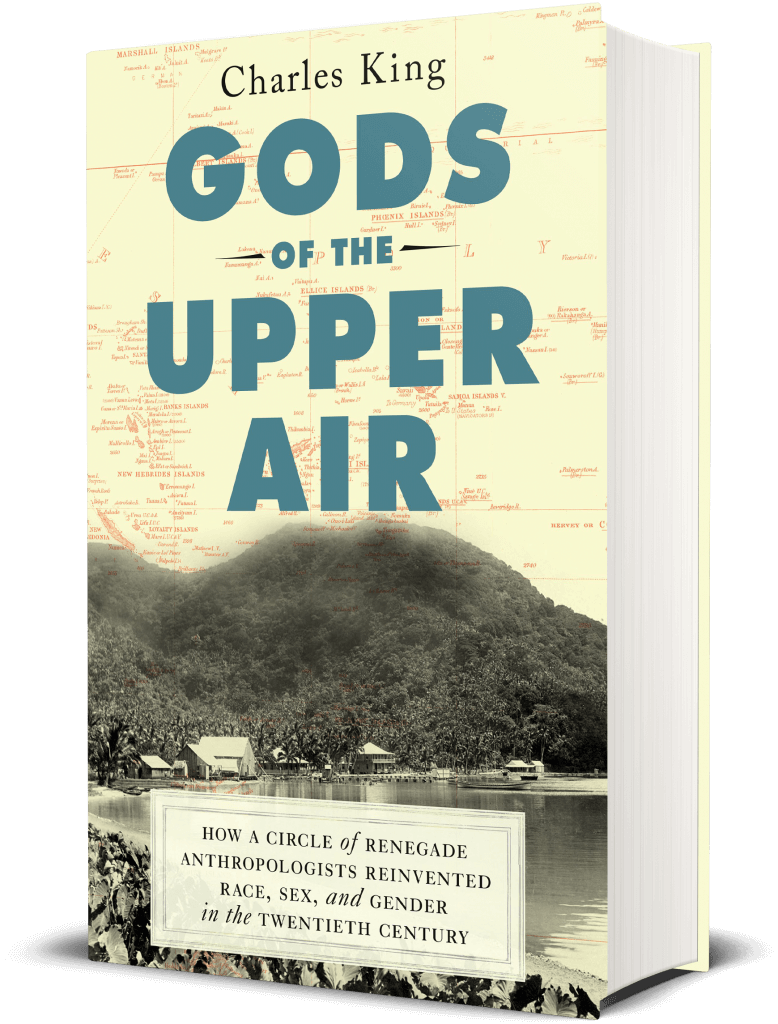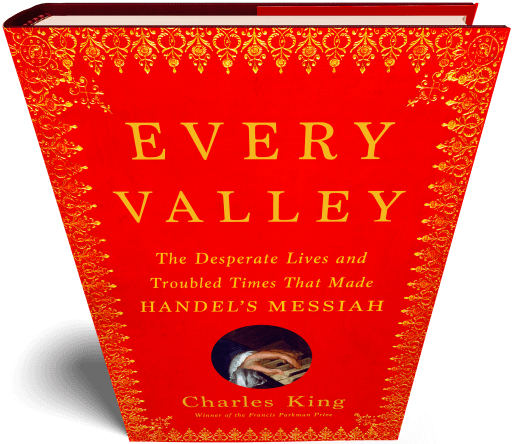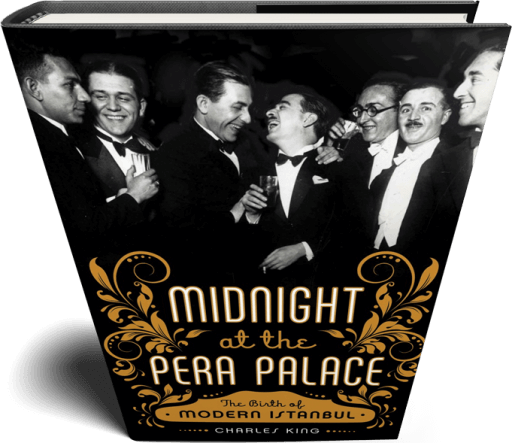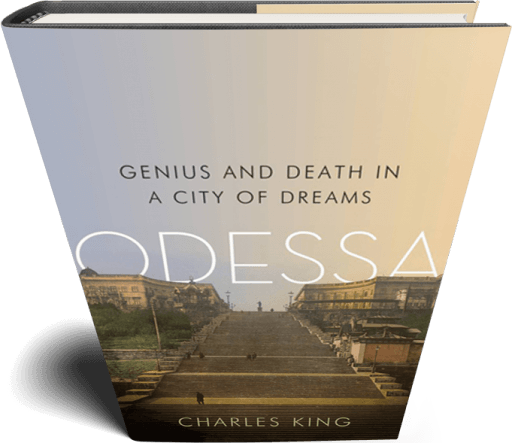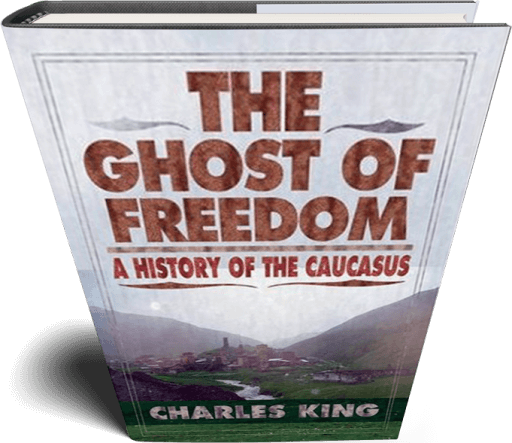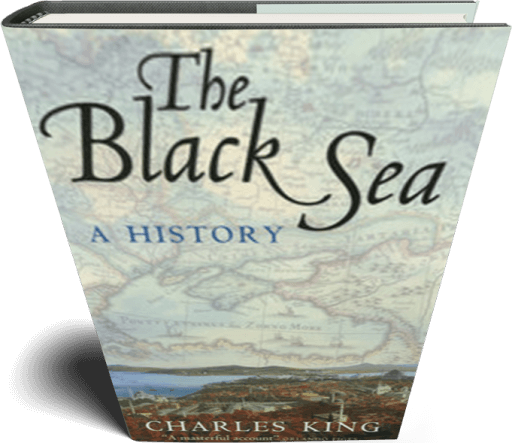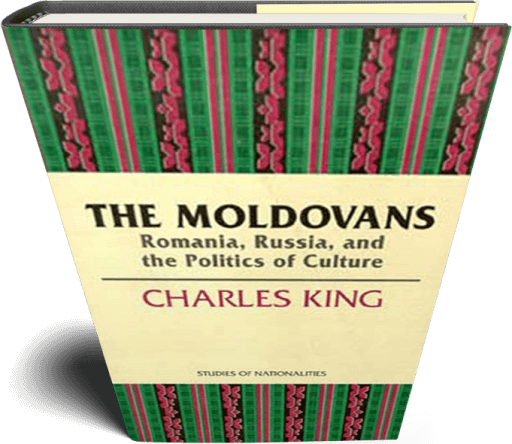Radical Ideas and Passionate Lives
A century ago, everyone knew that people were fated by their race, sex, and nationality to be more or less intelligent, nurturing, or warlike. But Columbia University professor Franz Boas looked at the data and decided everyone was wrong.
Racial categories, he insisted, were biological fictions. Cultures did not come in neat packages labeled “primitive” or “advanced.” What counted as a family, a good meal, or even common sense was a product of history and circumstance, not of nature. In Gods of the Upper Air, a masterful narrative history of radical ideas and passionate lives, Charles King shows how these intuitions led to a fundamental reimagining of human diversity.
Boas’s students were some of the century’s most colorful figures and unsung visionaries: Margaret Mead, the outspoken field researcher whose Coming of Age in Samoa is among the most widely read works of social science of all time; Ruth Benedict, the great love of Mead’s life, whose research shaped post-Second World War Japan; Ella Deloria, the Dakota Sioux activist who preserved the traditions of Native Americans on the Great Plains; and Zora Neale Hurston, whose studies under Boas fed directly into her now-classic novel, Their Eyes Were Watching God.
Together they mapped civilizations from the American South to the South Pacific, from Caribbean islands to Manhattan’s city streets, and unearthed an essential fact buried by centuries of prejudice: that humanity is an undivided whole. Their revolutionary findings would go on to inspire the fluid conceptions of identity we know today.
Rich in drama, conflict, friendship, and love, Gods of the Upper Air is a brilliant and groundbreaking history of American progress and the opening of the modern mind.
An intellectual adventure story of the best sort — elegantly written, thought-provoking, and full of biographical riches.
Sarah Bakewell, author of How to Live and At the Existentialist Cafe

